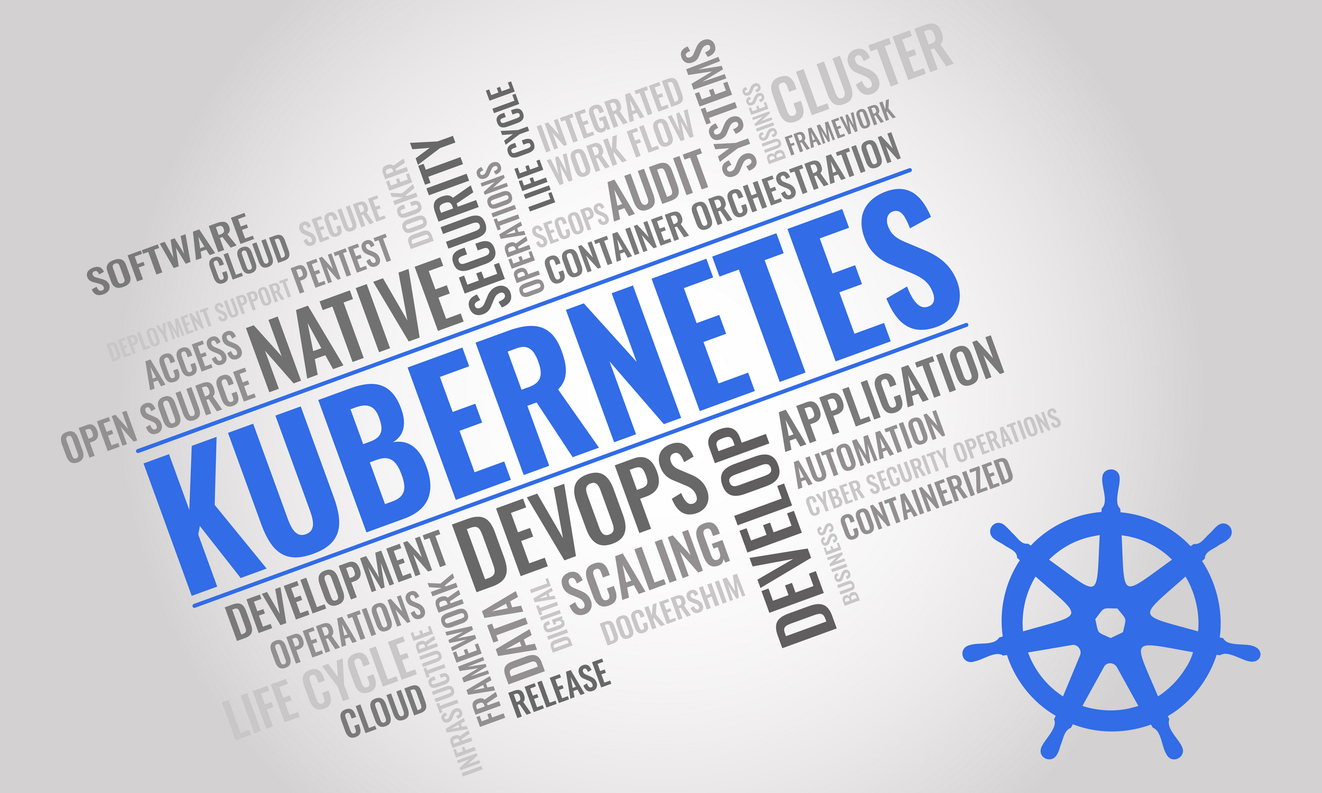Software test automation is crucial to quality assurance (QA). Traditionally, the cost of creating and maintaining test automation scripts was a significant investment, with estimates reaching $1,000 per script. However, the winds of change have swept in with the advent of generative AI (GenAI), rendering the concept of test maintenance obsolete.
In the bygone era of human-created test automation, every script carried a substantial cost, making it imperative to preserve and maintain that investment. Teams meticulously crafted scripts, investing time and resources to ensure their relevance across multiple builds. However, the tides have turned, ushering in the era of GenAI, where the cost of creating a script has plummeted to mere pennies.
In this new paradigm, tests are generated with unprecedented speed. Hence, the mantra of the day is regeneration — an action once deemed costly is now as affordable as spare change. Imagine regenerating tests five times a day, every day of the year, and the cost would amount to a mere $20. In this scenario, the idea of maintaining outdated tests becomes an unnecessary burden, leading to the logical conclusion of discarding them and starting fresh with every build.
As development teams move at an unprecedented pace, consistently improving and iterating, QA must adapt and keep pace. However, the traditional approach of holding on to outdated tests hinders progress and stifles the agile nature of modern development. In the era of GenAI, letting go of the past is not just an option; it is a best practice.
Choosing the right GenAI-powered testing platform becomes paramount in this new landscape. For instance, the Appvance IQ (AIQ) platform uses GenAI to learn, adapt, and question. Unlike its previous generation testing platforms, a platform like AIQ doesn’t merely execute predefined scripts, but generates an expansive suite of tests as part of a comprehensive QA process.
Equally important is the need for the GenAI-powered testing platform to mimic end-user behavior. While automation is meant to streamline testing, GenAI created tests should be able to discern how humans use the application-under-test, ensuring that the test suite aligns with enduser flows.
Conclusion
The shift from traditional test maintenance to the dynamic realm of GenAI represents a quantum leap in efficiency and effectiveness. With costs reduced to a fraction of what they once were, and the ability to regenerate tests at the speed of development, QA teams can embrace a truly agile approach. That’s why the future of testing lies not in clinging to outdated scripts, but in embracing the adaptive learning capabilities of GenAI-powered platforms like AIQ, paving the way for a more efficient and responsive software development lifecycle. As we bid adieu to the era of test maintenance, we welcome a new age where testing keeps pace with innovation, ensuring that quality remains at the forefront of every software release.



